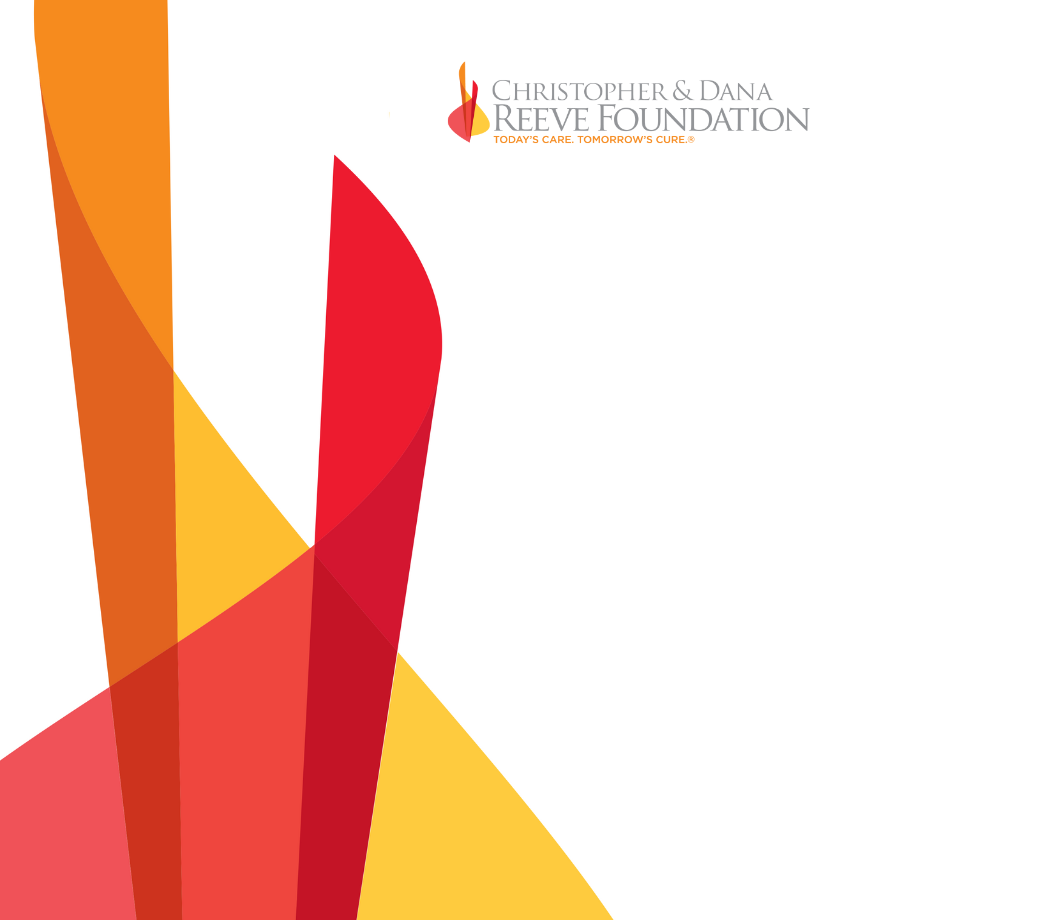What is the clinical trials process?
What you should know if you are considering participation in a clinical trial
The Christopher & Dana Reeve Foundation was one of the founding members of the International Campaign for Cures of Spinal Cord Injury Paralysis (ICCP). We, along with our ICCP colleagues, believe the ICCP Guide for Experimental Treatments for Spinal Cord Injury is a crucial resource for people living with spinal cord injury, their families and their caregivers.
We wish to draw your attention to Section 4 of the Guide (page 13) for an accurate explanation of what a clinical trial is and information on the preclinical process leading up to a trial.
In today’s wired world, there is a wealth of information available about treatments, proven and unproven, for the paralysis and other dysfunctions that result from a traumatic injury to the spinal cord and it is oftentimes challenging to separate the wheat from the chaff.
The Reeve Foundation hopes that readers of these guidelines will be empowered to think critically about potential therapies for spinal cord injury and pose the important questions that should be asked.
Other resources
CenterWatch
Searchable source of clinical trials information for both clinical research professionals and patients.
ClinicalTrials.gov
Search for federally and privately supported clinical trials.
NIH Clinical Research Trials
NIH conducts clinical research trials for many diseases and conditions.
Resource information on stem cell therapy
– ICCP Guide for Experimental Treatments for Spinal Cord Injury
– Guidelines: Clinical Translation of Stem Cells (International Society for Stem Cell Research)
– Patient Handbook on Stem Cell Therapies from the ISSCR

